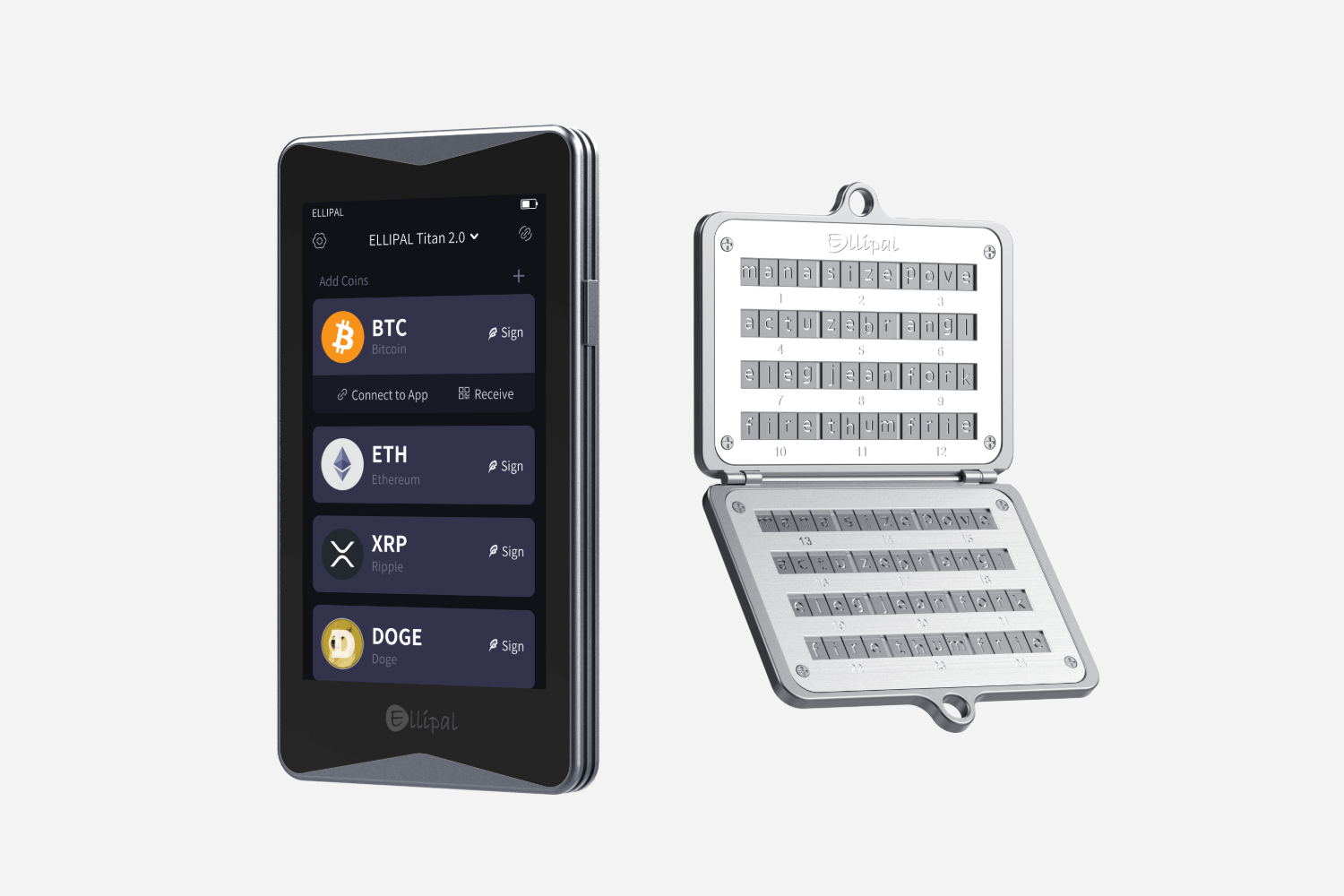In the world of cryptocurrency, securing your digital assets is paramount. One of the most effective ways to achieve this is through a cold wallet. But what exactly is a cold wallet, and why should you consider using one? This article will delve into the fundamentals of cold wallets, their benefits, and how they compare to other storage options.

What is a Cold Wallet?
A cold wallet refers to a type of cryptocurrency wallet that is not connected to the internet. This offline storage method significantly reduces the risk of hacking and unauthorized access. Cold wallets can come in various forms, including hardware wallets and paper wallets. Unlike hot wallets, which are online and more vulnerable to cyber threats, cold wallets provide a secure environment for storing your digital currencies.
Benefits of Using a Cold Wallet
There are several compelling reasons to use a cold wallet for your cryptocurrency storage:
- Enhanced Security: Since cold wallets are offline, they are less susceptible to hacking attempts.
- Long-term Storage: Cold wallets are ideal for holding cryptocurrencies for extended periods without the need for frequent access.
- Control Over Private Keys: Users maintain full control over their private keys, reducing reliance on third-party services.
- Protection from Malware: By keeping your assets offline, you minimize the risk of malware attacks that target online wallets.
How Does a Cold Wallet Work?
Understanding how a cold wallet operates is crucial for effective use. When you create a cold wallet, you generate a pair of cryptographic keys: a public key and a private key. The public key is used to receive funds, while the private key is essential for accessing and managing those funds. Here’s a simplified overview of the process:
- Generate a wallet using a secure device or software.
- Store the private key offline, either on a hardware device or written on paper.
- Use the public key to receive cryptocurrency.
- To access your funds, connect your cold wallet to a secure device when needed.
Cold Wallet vs. Hot Wallet: Which One Should You Choose?
Choosing between a cold wallet and a hot wallet depends on your specific needs. If you frequently trade or need quick access to your funds, a hot wallet may be more convenient. However, if your primary goal is to secure your assets for the long term, a cold wallet is the superior choice. Consider your trading habits and security needs when making this decision.
Conclusion
In summary, a cold wallet is an essential tool for anyone serious about cryptocurrency security. By understanding its benefits and how it functions, you can make informed decisions about your digital asset storage. Whether you are a seasoned investor or a newcomer to the crypto space, incorporating a cold wallet into your strategy can provide peace of mind and enhanced security for your investments.








